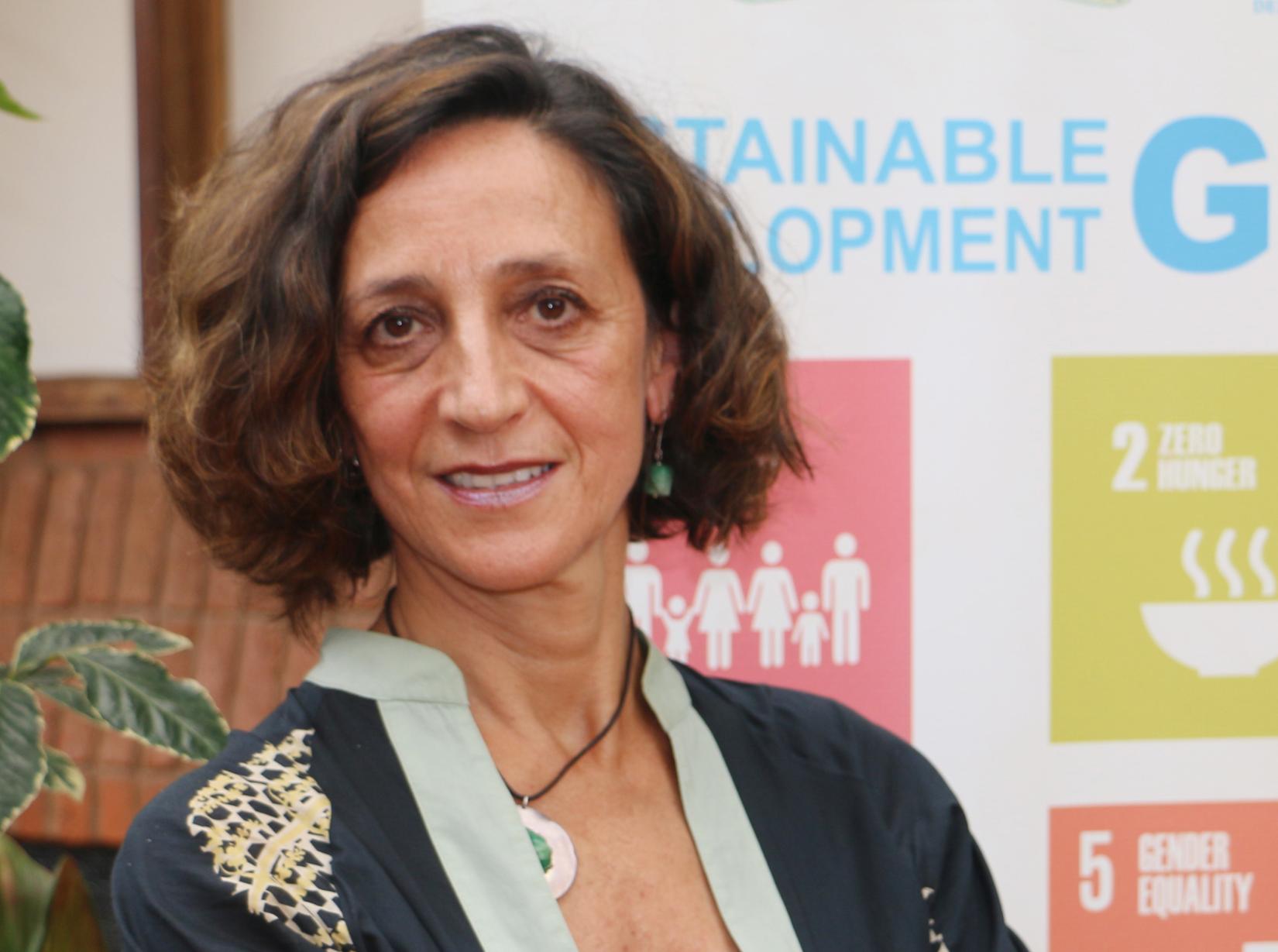Every year, September 21 is International Day of Peace – a day devoted to promoting peace. This year, as we continue to heal from Covid-19, the day offers an opportunity to think creatively and collectively about how to help everyone recover better, how to build resilience to shocks, and how to transform our world into one that is more equal, just, equitable, inclusive, sustainable, and healthier.
For decades, peace and stability have been key cornerstones of Malawi’s development. The Malawi Vision 2063 further recognises that sustainable development will not happen without peace, and expresses an aspiration to maintain a peaceful Malawi that attracts and retains investors; provides access to justice and effective remedies; and ensures efficient, effective, accountable, and inclusive institutions at all levels. This demonstrates that peace is one pre-condition for Malawi’s prosperity.
As we commemorate the International Day of Peace, we must not only stop conflicts and violence, but increase our commitment to address their root causes to recover better from Covid-19 and build lasting peace.
In line with this year’s theme for the day, ‘Recovering better for an equitable and sustainable world’, this is the time for everyone to promote peace with one another, in families, in communities, across the nation and beyond, and with the planet.
Covid-19 has hit the underprivileged and marginalized the hardest, with girls and women being among the most affected. To recover with lasting peace, we must sustain efforts to keep girls and women free from all forms of violence through community-led actions such as those fighting gender-based violence, ending child marriages, and promoting access to protection and justice services.
Homes, schools, workplaces, and communities should be safe and peaceful spaces for everyone – both physically and emotionally. No one should live with fear of persecution or abuse – both offline and online. Making our spaces safe and peaceful for everyone creates conditions for all of us to prosper together and allows the vulnerable people to realize their human rights.
In Malawi, persons with albinism continue to face multiple threats to their lives. All of us should stand strong in solidarity with persons with albinism, contribute to eradicating all forms of discrimination and violence they face, and promote their equal access to socio-economic opportunities.
Sustainable recovery also means making peace with the planet. While the world is still reeling from the effects of Covid-19, climate change is not on pause. What we need is a green and sustainable economy that produces jobs, reduces emissions, and builds resilience to climate change impacts in order to build lasting peace.
It is pleasing to note that, in the lead up to the UN Climate Change Conference (COP26), Malawi held a National Green Climate Conference in August this year. The conference generated concrete proposals for boosting climate change mitigation and adaptation in Malawi, including by creating a green economy, easing pressure on natural resources, and increasing women participation through a Women Network in Climate Action launched at the conference. At the conference, President Lazarus Chakwera called on all players to rally together and be part of Malawi’s ambitious climate action.
An important opportunity also exists in the ongoing process to establish the Malawi Peace Commission, whose mandate will be to implement the peace policy – a framework for peacebuilding and conflict transformation that fosters collaborative partnerships between the government, civil society, and different actors for sustainable peace in the country. The commission should become a robust and ineradicable fabric of the Malawian society.
Finally, as we recover from Covid-19 and celebrate peace, let us all stand up against acts of hate online and offline. Let’s spread compassion, kindness, and hope in the face of Covid-19. We are all confronting a common enemy to humankind.
We are not each one’s enemy. Differences in ideas, tribe, race, religion, gender, or any other characteristic, should not result into discrimination, exclusion, abuse, violence, or conflict. We must thrive together in diversity – a key element of a functioning democracy.
Authored by Maria Jose Torres, UN Resident Coordinator


